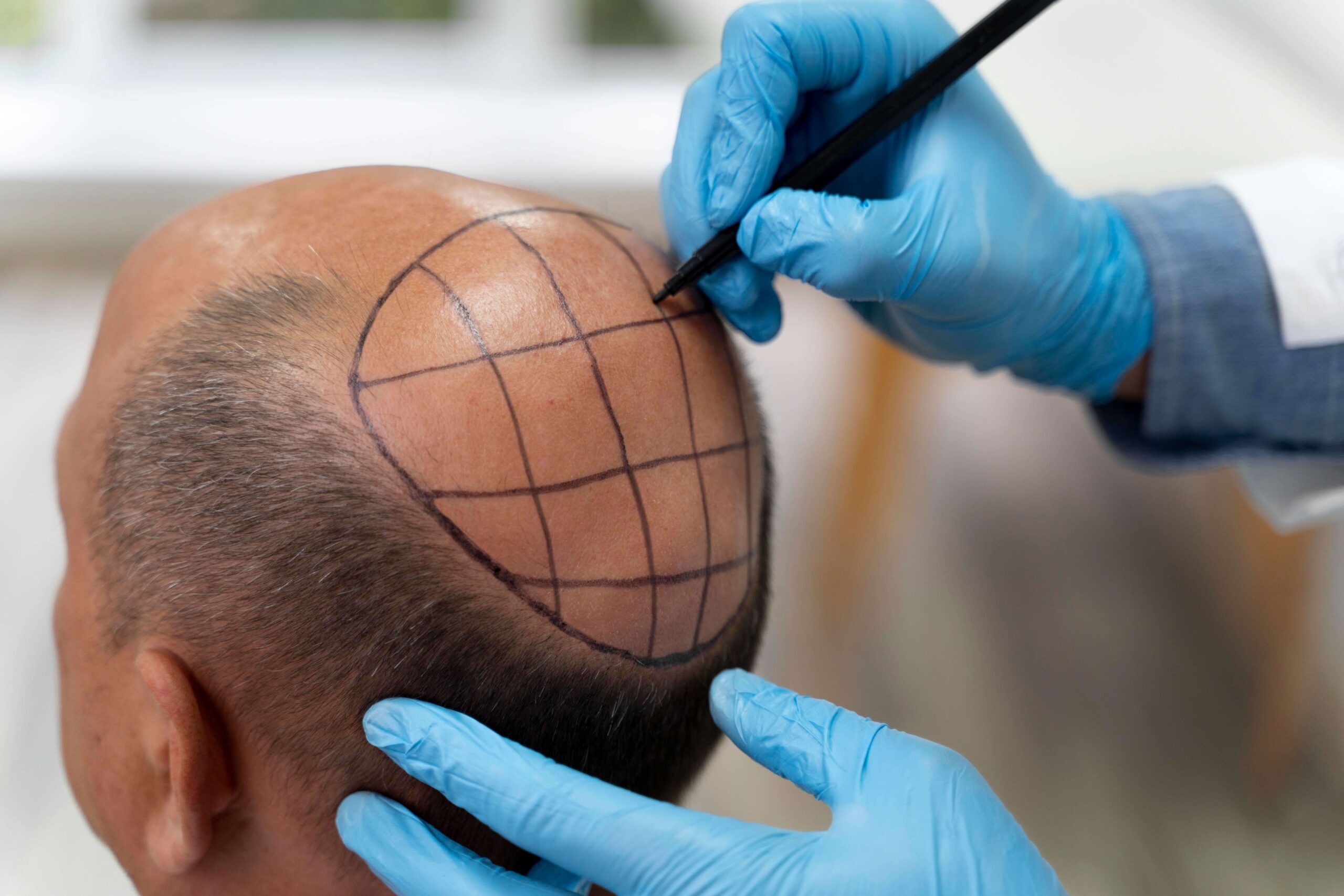Hair Transplant in Turkey: A Comprehensive Overview
Introduction
Turkey has emerged as a global leader in medical tourism, particularly in hair transplantation. Over the past decade, the country has attracted thousands of patients worldwide, driven by a combination of high-quality care, affordable prices, and experienced surgeons. This paper provides an academic overview of the hair transplant industry in Turkey, analyzing its rise, the procedures offered, and the reasons behind its global appeal.
Background: The Rise of Hair Transplantation in Turkey
Hair loss, a condition affecting millions globally, has led to a significant demand for hair restoration solutions. Surgical hair transplantation, a permanent solution, has gained widespread popularity. In Turkey, this industry has grown substantially, becoming a cornerstone of the nation’s burgeoning medical tourism sector. According to the International Society of Hair Restoration Surgery (ISHRS), Turkey accounts for a significant portion of the estimated 700,000 hair transplant surgeries performed globally each year. There are several factors contributing to Turkey’s prominence in the field:
- High Volume of Qualified Surgeons: Turkey is home to many clinics offering advanced training and education for hair restoration surgeons. Many of these professionals are internationally recognized for their expertise.
- Affordable Costs: Compared to countries like the U.S. and Western Europe, the cost of a hair transplant in Turkey is considerably lower, often ranging between $1,500 and $3,500. This price difference can be attributed to lower operational costs and favorable exchange rates.
- Comprehensive Care Packages: Turkish clinics typically offer all-inclusive packages that cover consultations, surgery, accommodation, transportation, and post-operative care. These packages cater to international patients and make the process smoother for those traveling from abroad.
Procedures and Techniques
Turkey is known for employing the latest technologies and techniques in hair transplantation. The two most common methods are:
- Follicular Unit Extraction (FUE): This minimally invasive technique involves the extraction of individual hair follicles from the donor area (usually the back of the head) and implanting them into the recipient area. The FUE method has gained popularity due to its faster recovery time and minimal scarring.
- Direct Hair Implantation (DHI): A variation of the FUE technique, DHI involves the use of a specialized pen-like tool (Choi Implanter Pen) to simultaneously extract and implant hair follicles. This technique allows for more precise implantation and often leads to more natural-looking results.
Both techniques have shown high success rates, with a majority of patients experiencing significant hair regrowth within a year of the procedure.

Why Turkey is a Global Hub for Hair Transplantation
Several unique factors contribute to Turkey’s dominant position in the hair transplant industry:
- Experienced Surgeons and State-of-the-Art Clinics: Many Turkish surgeons have extensive experience in performing hair transplants, often having performed thousands of procedures. This level of expertise ensures high-quality outcomes, attracting patients from across the globe.
- Cost-Effectiveness: While the costs in Turkey are lower, the quality of the procedure remains high. This affordability has made Turkey an accessible destination for patients from various economic backgrounds.
- Cultural and Geographical Accessibility: Turkey’s strategic location between Europe, Asia, and the Middle East allows easy access for patients from diverse regions. Major cities like Istanbul are well-connected by international flights, making travel convenient.
- Comprehensive Patient Care: Turkish clinics often offer full-service packages, including airport transfers, accommodations in luxury hotels, and translators for non-Turkish speakers. This level of hospitality enhances the overall patient experience and reduces the stress associated with medical tourism.
Potential Risks and Ethical Concerns
While Turkey’s hair transplant industry is largely reputable, it is not without potential risks. The rapid expansion of the industry has led to the establishment of numerous clinics, some of which may not meet international medical standards. Patients should thoroughly research clinics, verify surgeons’ credentials, and ensure that they choose a facility accredited by relevant medical bodies. There are also ethical concerns regarding the exploitation of vulnerable patients through misleading advertising and low-cost procedures. Some clinics may offer procedures at exceedingly low prices, compromising the quality of care. Patients must balance the appeal of cost savings with the need for skilled, ethical medical practitioners.
Conclusion
Turkey has undoubtedly positioned itself as a leader in hair transplant surgeries, thanks to its combination of skilled professionals, advanced techniques, and affordable prices. The country’s reputation continues to grow, making it an attractive destination for individuals seeking permanent hair restoration. However, as with any medical procedure, potential patients must exercise caution, thoroughly researching clinics and understanding the risks involved. Ultimately, Turkey’s prominence in hair transplantation reflects both its medical expertise and its role in the global medical tourism industry.


